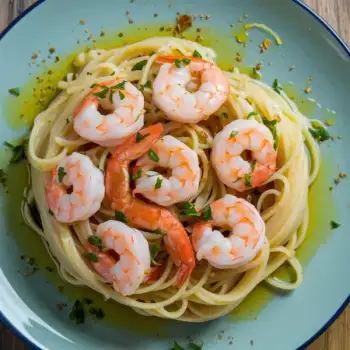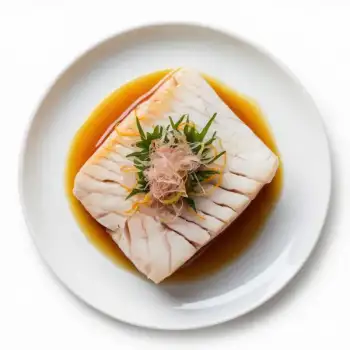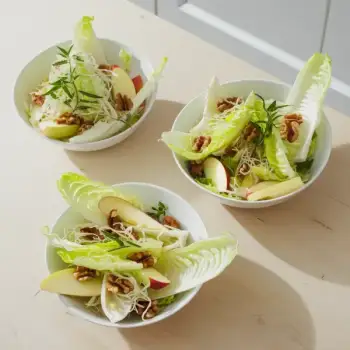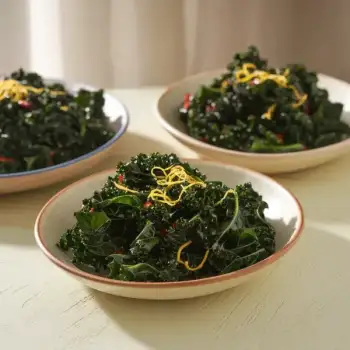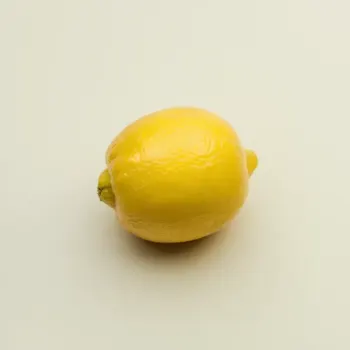


Fresh
Whole, unprocessed lemons, ideal for juicing or zesting to provide the freshest flavor and aroma.
Frozen
Lemon juice that has been frozen to extend its shelf life, suitable for both culinary and beverage use once thawed.
Bottled
Commercially processed lemon juice, convenient for those who require lemon juice without the hassle of juicing fresh lemons.
Powdered
Dehydrated lemon juice, ground into a powder, used for a quick lemon flavor in dry seasoning blends and mixes.
Concentrate
Lemon juice that has been reduced and concentrated, often requiring dilution before use in recipes.




frozen lemon juice: Minute Maid
bottled lemon juice: ReaLemon
powdered lemon juice: True Lemon
lemon juice concentrate: Italian Volcano

Baking: In baking, lemon juice can react with baking soda to produce carbon dioxide, which helps baked goods rise. It's also used to balance sweetness and add a distinct lemony tang to cakes, pies, and pastries.
Deglazing: Lemon juice can be used to deglaze a pan after sautéing or searing, lifting the browned bits off the bottom of the pan to create a flavorful sauce or gravy.
Dressing and Marinades: Lemon juice is commonly used in dressings and marinades to add a zesty flavor and to tenderize meats. The acid in lemon juice breaks down proteins, making it an excellent choice for marinades. However, be cautious with delicate proteins like fish, as prolonged exposure can cause them to become mushy.






